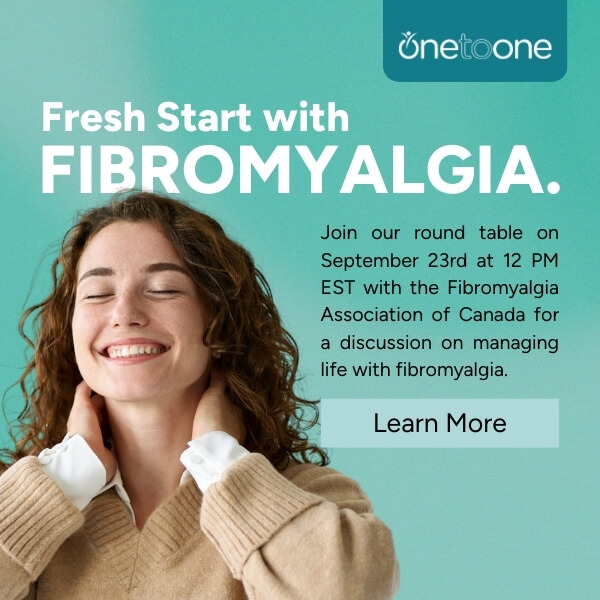
By Tara Patriquin, Massage Therapist
One day, upon waking up from a nap, I looked to my computer for the time. There, staring me in the face, was a post-it: “BLOG”! So it hit me: I’ll write about napping.
Recently, our colleagues at OneUp shared a link about the benefits of proper sleep. There is more and more interesting research coming out supporting the idea of segmented sleep cycles.
The topic of sleep has always fascinated me, from the hormonal balance of our circadian rhythms, to the metabolic processes that occur during sleep, and even the dreams that we have. While establishing a good sleep routine is critical to your overall health, I am a firm believer in the power of the power nap! You see, growing up in my family was a dream. We were not only allowed – but encouraged – to take a nap if we were tired. My parents were of the belief that a healthy body and mind was a well-rested one. I suppose part of this stems from the fact that my dad worked shift work and my mom suffered from severe migraines. Nevertheless, a goodnight’s sleep and naps are still commonplace in my life.
Napping gets a bad rap, but the average adult could benefit from this often-tabooed activity. While diet and proper energy maintenance can help reduce the effects of the afternoon crash, researchers are discovering that our body’s natural sleep rhythm may dictate a midday nap. Studies have even shown that a 20-minute power nap is more beneficial to the body than taking those extra 20 minutes in the morning.
Ancient Yogis knew the benefits of a cat-nap on the immune and nervous system. And, to this day, many countries include a siesta in their workday. Originally the siesta was intended for family time, and time with fsriends, not necessarily a nap. Over the years, however, the term has become synonymous with an afternoon nap. Japan has introduced “nap salons”, with some companies covering the fees for their workers as part of their health benefits. And, in China the right to rest in the afternoon is an actual Constitutional right.
Being fatigued can interfere with your mental productivity, your physical alertness, and your emotional stability. All of these impairments can interfere with many activities of daily living and your motivation to stick to your fitness regimen. Not to mention, many people’s clean eating falls victim to fatigue, since we are more apt to reach for sugar or stimulants when feeling sluggish. Sadly, because we are such a fast paced society, our work schedules are now conflicting with our shut-eye time and the natural rejuvenation of a power nap has been replaced by the artificial stimulation of a 15-minute coffee break. But you can reverse the formula; trade your second cup of coffee for a nap!
So, just how long should you nap? This certainly stirs up some debate. It’s a delicate balance between too little and too much. Isn’t everything?! Most specialists say that you should aim for between 15 and 30 minutes. Generally speaking, anything shorter and you might cheat yourself out of any reparatory work, any longer and your body sinks in to a deeper sleep, making it harder to wake up and even harder to fall back asleep later that night. Other research indicates that an hour nap might be necessary for some, to allow the body to go through a full sleep cycle.
Properly managing any length of a nap requires the person to be really in tune with his sleep cycles. This may differ depending on the situation. At work, a 20-minute nap might suffice, while on the weekend a 60 or 90-minute full REM sleep might be in order. Experiment with your own cycle and find the right amount that lets you wake up feeling rejuvenated. Your level of grogginess, or sleep inertia, upon waking can be a good measuring tool, since it’s believed that grogginess comes from sleep cycles being broken, not so much the total time of sleep.
You want to find your ideal nap length so that you can shake the grogginess within 15 minutes. Take your time getting up, and avoid doing anything too challenging. When you wake up, do some mobility exercises and get the blood moving, add in some deep breathing, and a gentle mantra. Then splash some cold water on your face and away you go. ?
Napping isn’t for everyone. Specialists discourage insomniacs, narcoleptics, or people with larger medically sleep deprived concerns from napping. Even if you can’t have a full nap, every little bit of downtime does count. Maybe you need to just “rest your eyes” for a few minutes (which is what my father will say before the snoring sets in). Some people simply can’t nap, try as they might. Good news: meditation can also produce the same resting effects on the brain waves similar to sleep. And in turn, the meditation will help lead to better night sleep. Even a 30-minute massage will give some physical and mental rest!
Despite how well you manage your sleep cycles, there will be days when your busy schedule takes hold and a power nap could save the day. I know it certainly has saved some of mine! So next time someone accuses you of sleeping on the job, hold your head up high and suggest that he does the same.
Find this blog on our Facebook page and share your favourite napping tips.






